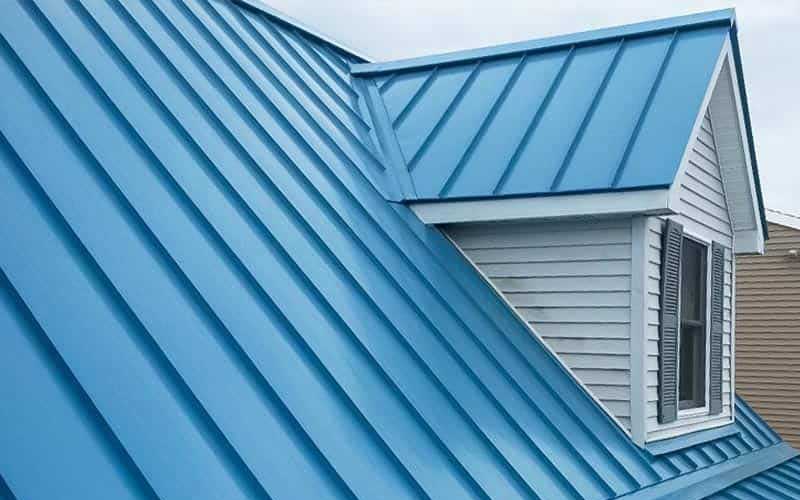Tropical storms are common in Florida and the level of hurricane activity has increased over the past couple of years. During such storms, homes may be damaged or destroyed by high winds and high waves. According to the hurricane forecasters, we should always take preventive steps to prepare for any potential consequences of extreme weather.
Here are six steps homeowners can take to protect their property during stormy weather to reduce the chance of catastrophic damages.
Clear away outdoor items
Make sure all lawn furniture, gardening tools, sporting equipment, and other outdoor items are stored away if a storm is heading your way. High winds during a storm can potentially pick up these items and send them flying through a window and not only damage property, but also cause serious injury to a person. Also, make sure all your windows and doors are closed.
Trim the trees
Take time to examine the trees in your yard. Storms will often snap large tree branches, which can damage your home’s siding, smash your car, or even topple power lines. If a tree has a loose connection with a big branch, consider sawing it off.
Install storm shutters
No matter how many preventative measures you take in your yard, the strong winds and heavy rains of a storm can still damage your windows. Once a window is broken, the wind blows inside to not only wreck the interior, but to also apply upward pressure on the roof, which might be enough to send it flying. If this happens, the walls collapse and your house is done. Florida is an area that frequently gets hit with high winds, installing impact resistant shutters or impact resistant glass can prevent your windows from shattering.
Have standby power
Electrical lines are vulnerable during storms. Fallen branches can easily snap the power lines, and lightning strikes can blow up transformers causing major power outages. A whole–house surge protective device runs in the $200 to $300 range and is easy for an electrician to install. For extreme weather, consider purchasing a home generator to keep your power on in the event of long–term electricity outages.
A backup plan can also include having alternative lighting sources, such as flashlights and battery-powered lanterns, as well as a supply of non-perishable food and bottled water. You can read this guide to power outage cost to see how it can impact your finances. Further, it is important to have a plan for communication in case of a power outage, such as having fully charged cell phones or a hand-cranked radio.
Flood–proof your home
Heavy rainstorms can lead to flooding, which can potentially destroy your entire home. If you live in an area of high probability of flooding, there’s a chance your Homeowners insurance won’t cover the repairs, so be sure to check what your policy includes. One preventative option is dry flood – proofing your house by making the foundation watertight with concrete. Another option is wet flood–proofing, which consists of modifying areas under the house, such as basements and crawlspaces, to allow floodwaters to enter and exit.
Have plans for where you will go
It’s a good idea to have a plan of where you and your family will go in case you must evacuate the home. Some homes simply aren’t safe to remain in when the weather really gets rough. Once you hear the hurricane warning, prepare a bag with important papers and valuables. Also, always keep water, a first aid kit and other things you might need at hand. After all, you never want to lose sight that your main concern is not your home, it’s the people living in it.
Check your house for weaknesses
According to experts in the field, the force of the wind during a storm can cause weak places in your home to fail. Therefore, it’s important to make sure your house is solid. There are things you can do to help make your home stronger before the next hurricane. Experts advise these four areas to be thoroughly checked – the roof, windows, doors and garage door. (if you have one). It’s better to be overprepared than underprepared.






